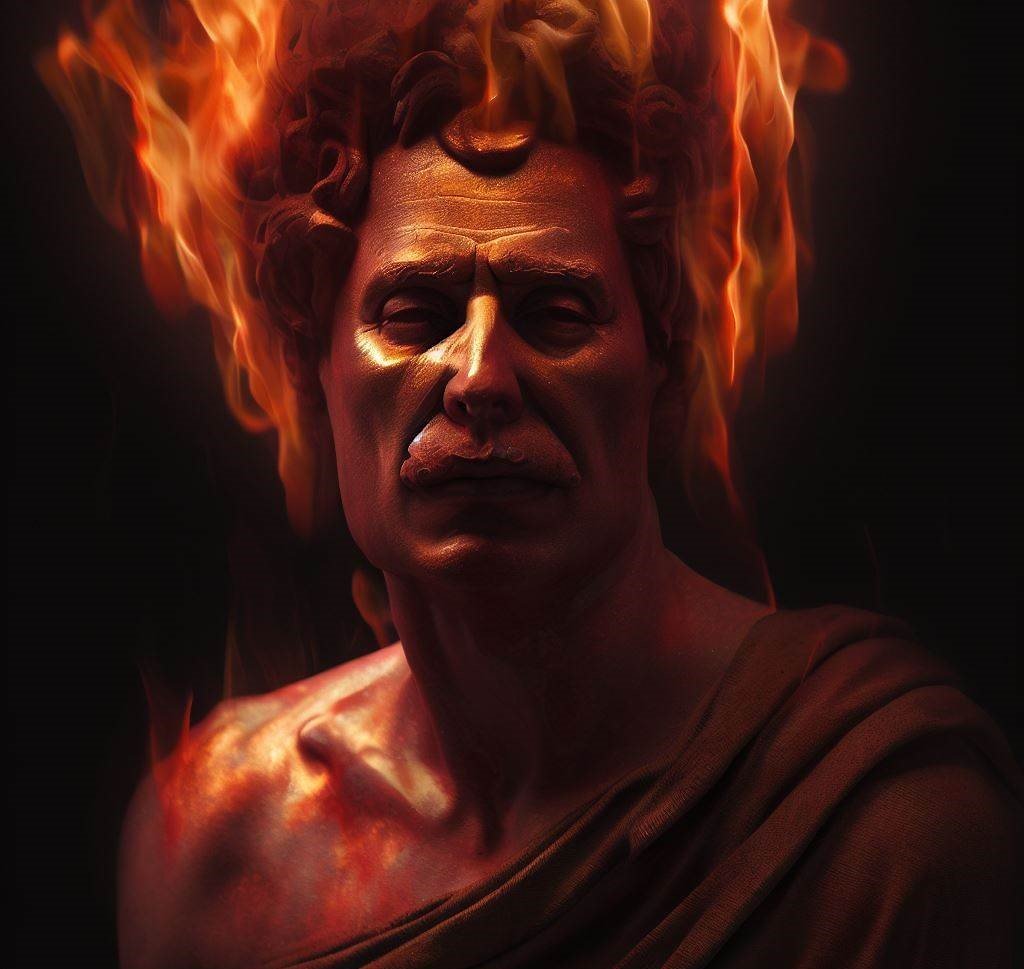He advises that excellence lies in self-regulation, maintaining rational control, and not allowing anger to dictate actions. This approach aligns with Stoic principles, fostering emotional equanimity and inner tranquility.
Anger
Seneca describes anger as a form of madness driven by overvaluing trivial matters.


Quotes about Anger
Cruelty and Anger
Seneca delves into the nuanced realm of credulity, characterized by an unchecked readiness to accept beliefs or statements without rigorous scrutiny.
He posits that this unchecked readiness often paves the way for deception, manipulation, and consequential misjudgments. While cautioning against perpetual mistrust, he champions empirical belief and self-reflection. Seneca’s measured perspective fosters a balanced, informed, and rational worldview.

No one is save
Seneca illuminates the universal susceptibility to anger, asserting that no personality is spared from its influence.
He advises that excellence lies in recognizing this shared vulnerability and striving for emotional mastery through self-regulation and rational control. This understanding fosters a collective empathy and a commitment to inner tranquility.


